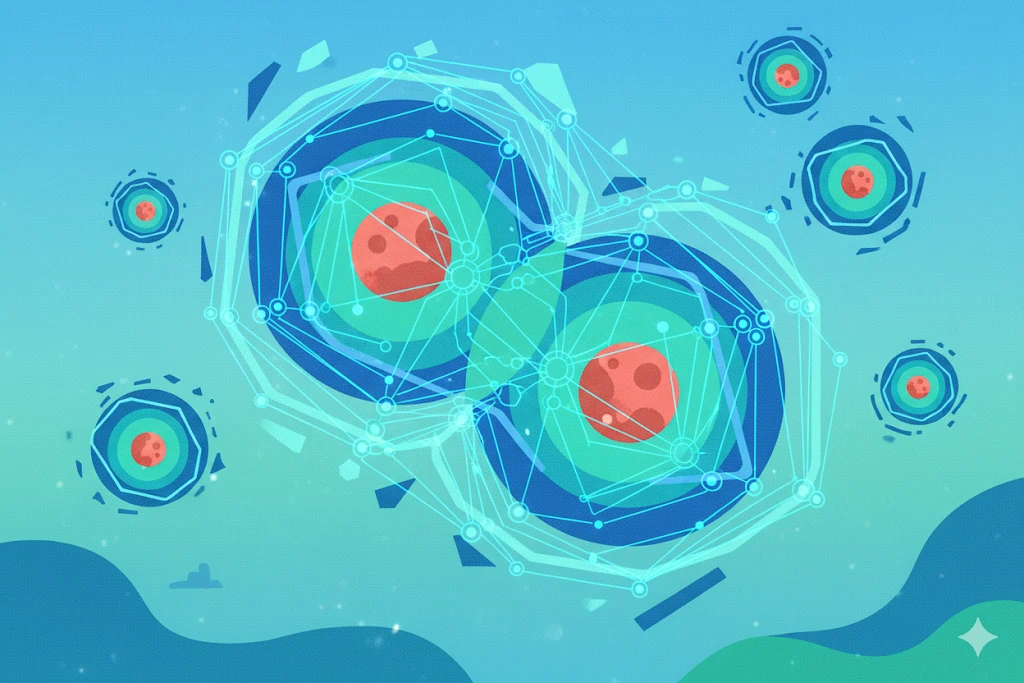







Cotton dominates global textiles but is thirsty and pesticide-intensive. Hemp is a much more resource efficient alternative: it grows twice as faster, delivers three times more fiber per acre, and uses only one third of the water while requiring minimal pesticide use.
Despite these advantages, raw hemp fibers are stiff and rough, making them unsuitable for high-quality clothing. The Hempy project, solves this by using enzymes to selectively break down tough components like hemicellulose, which softens the hemp fiber. The project goes beyond softening, and aims to unlock new material properties such as water-repellency to expand hemp into additional market segments like outdoor and performance wear.
In 2025 we ran multi step enzyme workflows, set up HPLC and DNS assays, and used SEM to verify partial removal of rigid surface layers. We also achieved measurable water repellency, confirmed by water contact angle testing and FTIR signatures of hydrophobic groups. We're now in the process of scaling the enzyme treatment by 10x, preparing the fibers for the first spinning trial, and filing the first patent.
The hemp textile market is growing rapidly. There is urgent need for resource-efficient, plastic-free materials in fashion and industry. Hempy goes beyond softening: it unlocks advanced functional properties, positioning hemp as the textile of the future.


